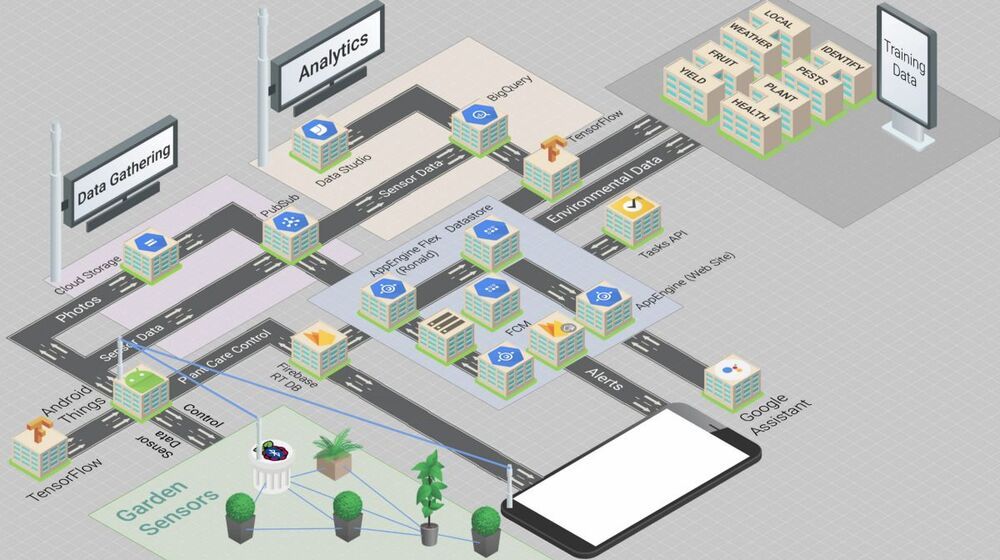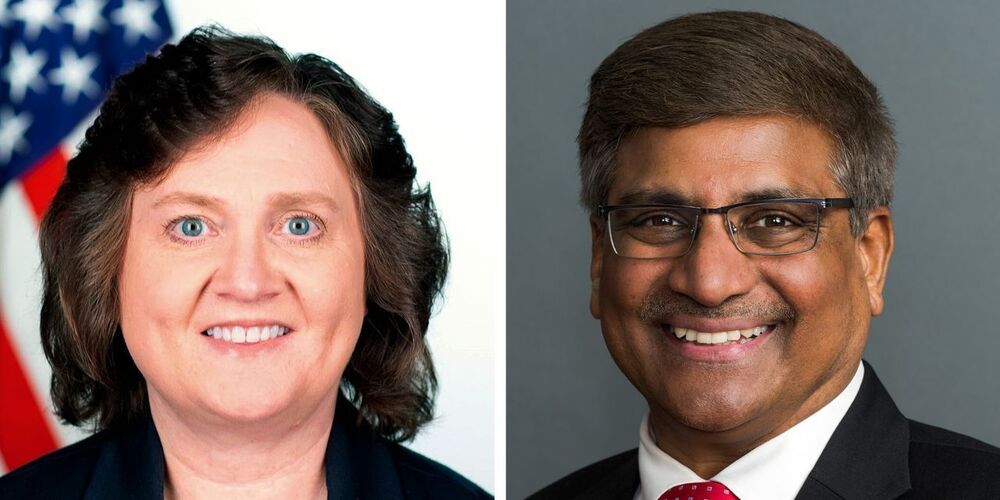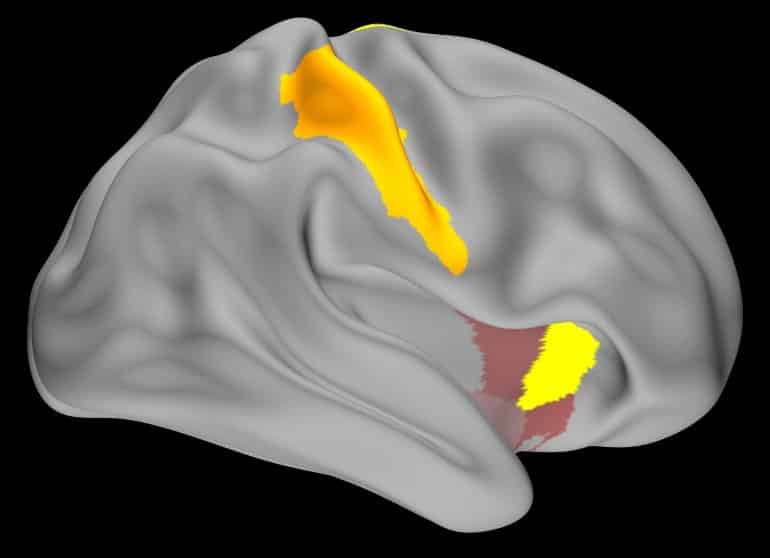More than a year later, scientists finally figured out what caused this famous star to dim.
More than a year after Betelgeuse’s great dimming event, scientists have finally figured out what happened to cause this star to lose its brightness.


The Lunar Lantern, an intriguing concept for establishing a human presence on the Moon, is currently being featured at the 17th International Architecture Exhibition.
In October of 2024, NASA’s Artemis Program will return astronauts to the surface of the Moon for the first time since the Apollo Era. In the years and decades that follow, multiple space agencies and commercial partners plan to build the infrastructure that will allow for a long-term human presence on the Moon. An important part of these efforts involves building habitats that can ensure the astronauts’ health, safety, and comfort in the extreme lunar environment.
This challenge has inspired architects and designers from all over the world to create innovative and novel ideas for lunar living. One of these is the Lunar Lantern, a base concept developed by ICON (an advanced construction company based in Austin, Texas) as part of a NASA-supported project to build a sustainable outpost on the Moon. This proposal is currently being showcased as part of the 17th International Architecture Exhibition at the La Biennale di Venezia museum in Venice, Italy.
The Lunar Lantern emerged from Project Olympus, a research and development program made possible thanks to a Small Business Innovation Research (SBIR) contract and funding from NASA’s Marshall Space Flight Center (MSFC). Consistent with ICON’s commitment to developing advanced construction technologies, the purpose of Olympus was to create a space-based construction system that will support NASA and other future exploration efforts on the Moon.


Thu, jun 17 at 3 PM PDT.
Join us early at 6:00 PM for a Perpetual Life Virtual Party. Then 7 PM presentation with Brian Clement Ph.D., L.N. of The Hippocrates Health Institute.
Brian Clements’s experience with food and lifestyle was like that of most. At the early age of 20, he began his journey to embrace a healthier way of life. Shedding exceptional weight and leaving behind, cigarettes and grass, he finally felt himself for the first time ever. Mature colleagues placed him under their wing and slowly led him down the road via conferences, lectures, and seminars held by some of the historic figures in the modern health movement.
Stay after for the Q & A and discussions interactive Zoom.

Automated data searches and new customized patient care are the future of cancer treatment.
Each day information floods into every cancer clinic. Oncologists are scrambling for new ways to tap it to deliver the best of modern cancer care.
This article was produced by Hackensack Meridian Health in partnership with Scientific American Custom Media, a division separate from the magazine’s board of editors.

Possibly one of the most surprising ways in which our mind and body are interlinked with one another is the gut-brain axis, which is a collection of bidirectional biochemical signals which are transmitted between the nervous system of the body and the digestive system. This is understandably surprising, as the functions of these two distinct parts of the body are completely different to one another. The gut is unlike most other parts of the body, because a large part of its function and health is dictated by cells which are not part of the body, but are instead bacteria cells which colonise the inner lining of the gut.
It has been known for a while now that the makeup of the gut flora changes as we age, which has in turn been linked to cognitive decline through the disruption of the aforementioned gut-brain axis. It has even been shown that faecal transplants can help to correct this cognitive decline in mice, and has been shown to be able to generate a direct positive effect on cognitive function.
Further research into this phenomenon has revealed that the graduate degradation of the gut flora, or more commonly referred to as the ‘good’ bacteria inside the gut has revealed that these bacteria play an important role at keeping unwanted bacteria in check. Researchers at the University Of Florida have found that certain types of ‘good’ bacteria inside the gut produce a chemical known as butyrate, which supresses the growth of pathogenic bacteria such as Enterobacteriaceae. These pathogenic, or ‘bad’ bacteria effect the body in numerous ways, such as interfering with the protein folding, resulting in a build up of toxic and mis-formed proteins within the body. This disruption to protein folding causes problems all across the body, including in the muscles, intestines, gonads, and most notably the brain and central nervous system.

Designing an autonomous, learning smart garden.
In the first episode of Build Out, Colt and Reto — tasked with designing the architecture for a “Smart Garden” — supplied two very different concepts, that nevertheless featured many overlapping elements. Take a look at the video to see what they came up with, then continue reading to see how you can learn from their explorations to build your very own Smart Garden.
Both solutions aim to optimize plant care using sensors, weather forecasts, and machine learning. Watering and fertilizing routines for the plants are updated regularly to guarantee the best growth, health, and fruit yield possible.
Colt’s solution is optimized for small-scale home farming, using a modified CNC machine to care for a fruit or vegetable patch. The drill bit is replaced with a liquid spout, UV light, and camera, while the cutting area is replaced with a plant bed that includes sensors to track moisture, nutrient levels, and weight.
Bill Gates isn’t going to use it to track you.
Your next doctor’s appointment could soon become much more informative thanks to new microchips the size of dust mites, only visible beneath a microscope.
Picture this: Your surgeon wants to continuously monitor your lungs prior to a procedure to ensure your respiratory system is strong enough to deal with anesthesia. So, a technician uses a hypodermic needle to inject a few small microchips into your body. Then, they use an ultrasound machine to communicate with the chips, which show your lungs are primed for the operation. Your subsequent surgery is a breeze.
This is a vision of the future with the world’s smallest single-chip system, a complete electronic circuit that technicians could one day inject directly into the body to monitor and diagnose certain health conditions.

WASHINGTON—The Biden administration launched an initiative Thursday aiming to make more government data available to artificial intelligence researchers, part of a broader push to keep the U.S. on the cutting edge of the crucial new technology.
The National Artificial Intelligence Research Resource Task Force, a group of 12 members from academia, government, and industry led by officials from the White House Office of Science and Technology Policy and the National Science Foundation, will draft a strategy for creating an AI research resource that could, in part, give researchers secure access to stores of anonymous data about Americans, from demographics to health and driving habits.
They would also look to make available computing power to analyze the data, with the goal of allowing access to researchers across the country.

Summary: The resting brain repeatedly and rapidly replays faster memories of what a person has recently learned and practiced. The more a person replays the memory during rest, the better they become during subsequent sessions where they practice their newly learned skill.
Source: NIH
In a study of healthy volunteers, National Institutes of Health researchers have mapped out the brain activity that flows when we learn a new skill, such as playing a new song on the piano, and discovered why taking short breaks from practice is a key to learning.